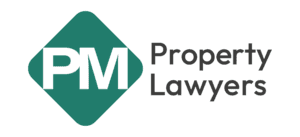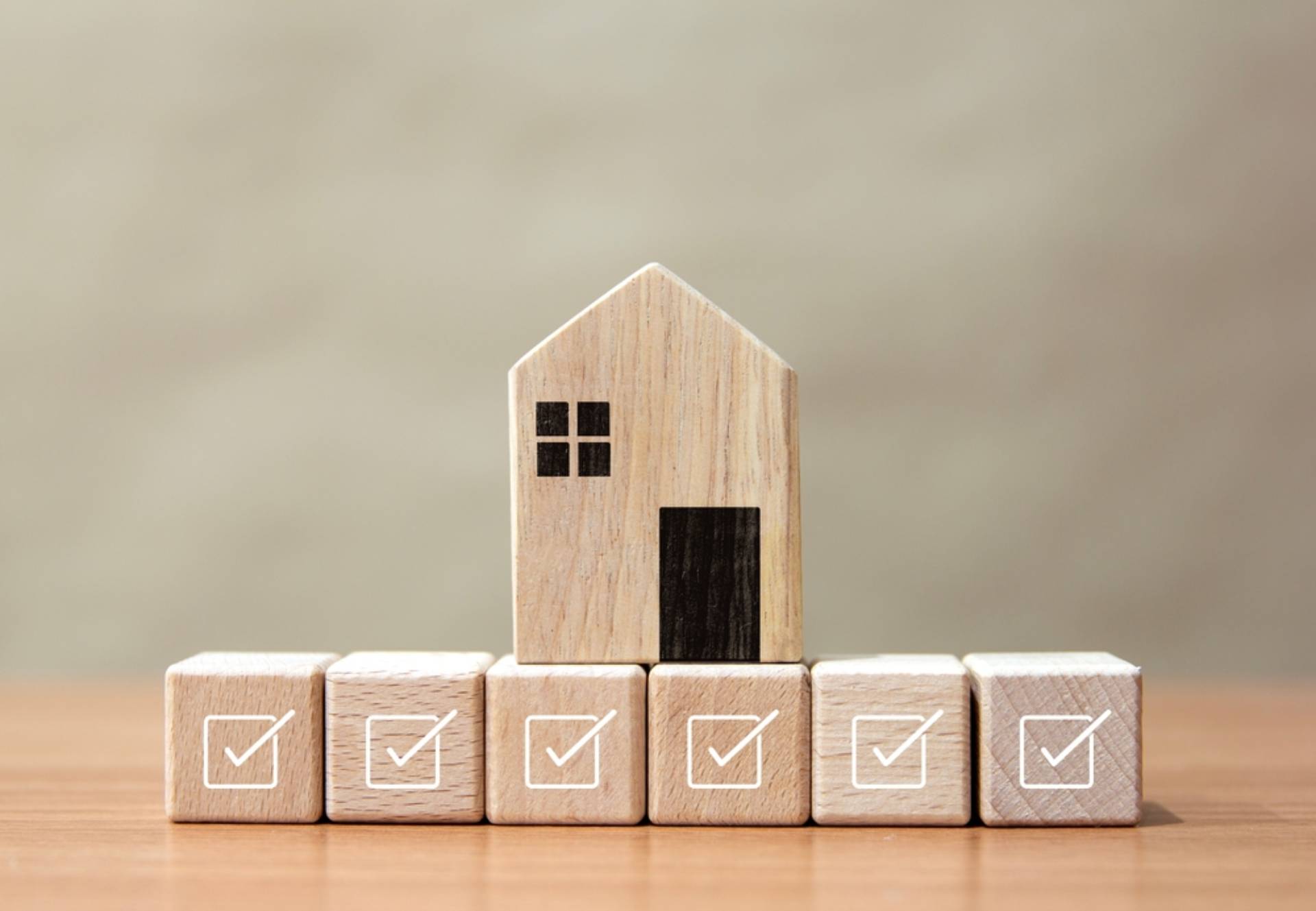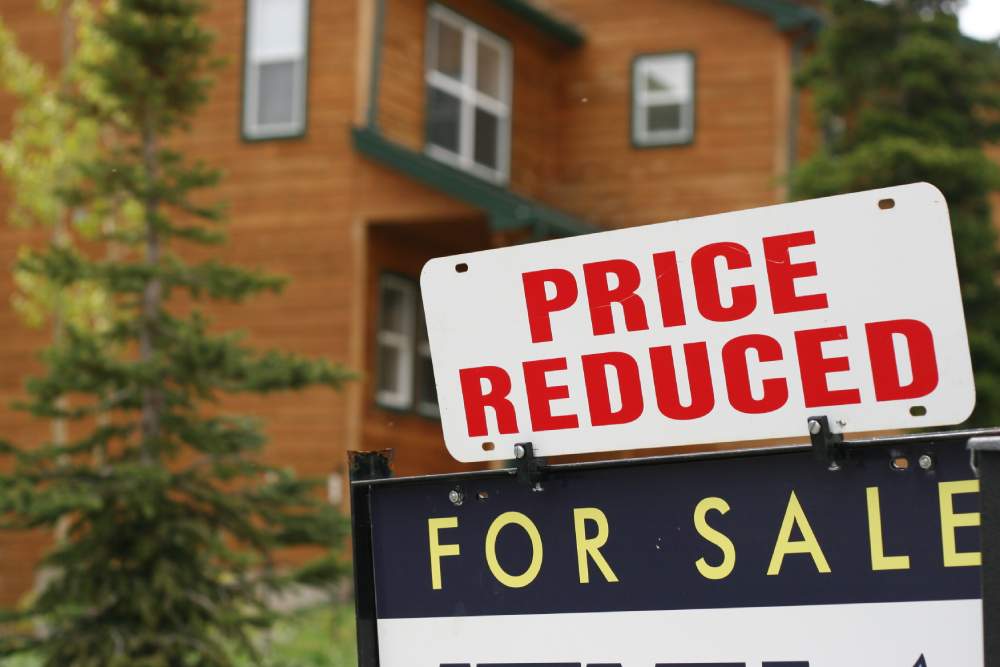Many people in the UK dream of owning their own property. For some people it’s owning a cottage in the country, with a garden they can tend to. Others want to buy a house, then additional property to rent out as a way to make an income. But there’s also another option on the table when it comes to property ownership, and that’s purchasing a commercial property.
There are many benefits to buying commercial property, and it can be used for different functions. For example, it might be worth buying an office if you have your own business. That way you’re working towards owning the property rather than leasing it from someone else. Or, if you’re looking to make an income from renting it out, you may have the advantage of things like long term leases when you’re letting a property for commercial use.
Whatever reason you have for landing on this blog, we’re here to help. We’ve put together some of the things you need to consider before you embark on your journey to buying commercial property, so you can put your best foot forward.
Buying Commercial Property – Things To Consider
- The Costs – Much like before we make any big financial decision in our lives, whilst considering buying commercial property, it’s important to be aware of the associated costs. The last thing you want to do is make extravagant plans, then find there are costs you haven’t accounted for. Getting together a list of expenses and creating a budget will help you to make a realistic financial decision. This can differ depending on the kind of property, but a general overview of the areas to consider are:
- Deposit – If you’re planning on getting a mortgage to pay for the bulk of the property, you’re going to need to consider the deposit you’ll need. This will be dependent on the price of the property and the percentage you’re able to pay. It can also be more complicated if you’re thinking of buying to let, as the amount of income you’ll make from the property will come into consideration.
- Fees for professional advisers – When you’re buying commercial property, you need to make sure you have a team of reliable people behind you. This Includes people like solicitors, surveyors, and commercial mortgage advisors. Finding the right people, and getting quotes for their fees, should be high on your priority list.
- Insurance – Making sure you have the correct insurance coverage for your property could save you a lot of hassle down the road. Much like home insurance, there are typically two types of insurance for commercial property, which are building and contents insurance.
- Repairs, Maintenance and Refurbishment – Depending on the property you decide to buy, there could be a lot of costs included in the refurbishment, maintenance and upkeep. Most insurance doesn’t cover general wear and tear of a commercial building, so it’s vital to account for this. Say if you’re renting out an office to someone, you will need to account for ongoing maintenance of the building, so this could be included in your yearly budget.
- Stamp Duty – Depending on the price of the property you’re going to buy, you are most likely going to have to pay the additional cost of stamp duty. Using a stamp duty calculator should give you a good idea of how much this will cost on top of the price of the property.
These are some of the main areas you need to consider, but there could be other associated costs when it comes to your new venture. Making sure you have a good idea of how much money you need overall will allow you to move onto the next step, looking into financing options.
Loans and Financing Options
There are a few options when it comes to financing commercial property purchases. When it comes to getting a mortgage for commercial property, it needs to be for the purpose you’re buying it for. The options include:
- Buying to let: If you’re buying a commercial property as a means to make an extra income by leasing it out, you’ll need to get a mortgage that allows you to do so. These mortgages can be complicated, as they calculate the amount of rental income you will receive from the property in order to calculate costs.
- Buying for Internal Business Uses: Some business owners like to buy property as opposed to renting it out. With this type of mortgage you can usually borrow up to 75%, and your repayments will be going towards the ownership of the building, rather than into someone else’s pocket.
- Buying for Commercial And Residential Use: In some circumstances, people want to buy property to use for both residential and commercial use, in which case they will need a mortgage to support that.
It’s important to get the right advice from a mortgage advisor, and make sure you’re clear on the ways you want to use the property. That way they can give you the best advice to suit your needs.
There is also the option to secure a business loan for different types of property venture, these include things like property development loans, bridging loans, and working capital finance.
The option you choose will depend on your individual circumstances, the reason for buying the property, and your budget. Making sure you’re aware of your options can help the process run smoother.
Selecting a Commercial Property Conveyancer
Finding a commercial conveyancer before you start selecting properties to view is the best way to make sure you’re ready to go when you find the perfect place. Getting a quote lined up, and having the support while you select properties is the best way to make sure you have every base covered legally.
At PM Property Lawyers, we are dedicated to helping you make commercial property owning dreams come true. Our experienced conveyancers are here for you, why not make an enquiry today, and see how we can help you along your way.
Selecting the right property
Selecting the right commercial property for your circumstances can be tricky, as there’s a lot of things to take into consideration. But with the right information, we’re sure you can narrow down your options. Things you need to think about whilst selecting the right commercial building include:
- Type of Building – There are different benefits to buying different types of commercial property, so selecting what kind of property you want to invest in should be your first step.
- Building Class – Once you know what kind of property you want, it’s important to find a property that allows the space to be occupied with the purpose you intend. The Town and Country Planning (Uses Classes) Order 1987, separates each kind of property into classes, determining how the property can be used. This means, if you bought a pub and wanted to turn it into an office, you may need to get planning permission, which would be something you’d need to factor into cost, and check before you put any money down.
- Type Of investment: Freehold or Leasehold – Understanding the difference between freehold and leasehold, before you make the decision on the property can help you to decide which type will work the best for your future plans, especially if you’re considering developing the property.
- Location – Things like location can be a huge factor in how desirable the property can be to potential clients. For example, if you’re looking to own a shop, it would be important to consider whether it’s in a place where potential customers can find it, and where there’s potential for decent footfall.
After taking all these things into consideration, you should have a good idea of the kind of property you’re after, and now it’s time for the fun bit.
Property Search and Viewing
With this being such a long term investment, you want to make sure you have a look at your options. There are many types of commercial property you can look into, like farms, offices, shops, and more. Starting with simple property search online will help you get a gauge of what’s on the market, and what kind of price range you’ll be looking at. It can also be a source of inspiration for the type of building you might be thinking of buying.
You can then compile a list of suitable properties, and book in viewings with the estate agents or owner of the property. Remember to be prepared with a list of questions you need to ask at the viewing, to make sure you have all the information you need.
Surveys and Searches
Much like when you buy a residential property, it’s important to make sure you do a survey on the commercial building. The surveyor will be looking at the size, materials, surrounding land and structure of the property to assess whether it needs any additional work or repairs. This way they can bring an estimate of the overall cost, giving you room to negotiate with the buyer if there are issues that are going to leave you out of pocket.
Your conveyancer will also run searches to give you a full view of the property. The standard searches include a local authority, drainage and water, environmental and flood risk, and highways. All searches tend to be run early on in the transaction process, and can reveal important information you need to be aware of. Which is why, getting the right conveyancer is crucial.
There are many things to think about when you’re buying commercial property. We have covered some of the key areas to think about, but there’s obviously much more to it. If everything is thought through, the right property is selected, and you have the right support from the relevant professionals, this could be a great investment.
In order to give yourself the best head start, we suggest getting your legal representation sorted as soon as possible. Our team of commercial conveyancing experts are here to support you. Get in touch today, and start your property purchase journey.






